Key takeaways
- The post explains what sinusitis (a sinus infection) is and describes common symptoms like congestion and facial pressure.
- It lists specific foods the post says may worsen sinus symptoms (including gluten, refined carbs, tomatoes, and some processed foods).
- It frames the food list around inflammation/allergy-style triggers as the reason symptoms can flare.
- It also shares simple prevention/relief ideas from the post, like drinking plenty of fluids and choosing anti-inflammatory foods.
The season of allergy goes along during the winter season or the cold months and the usual thing that people experience are sinus conditions or problems. Some people may consider sinus problems as normal or common but it is important to know that sinus problems may be signs of other underlying conditions.
What is a sinus infection
When a patient has a sinus infection (sinusitis), there is swelling or inflammation inside the nose and head causing stuffy nose or difficulty of breathing, as well as pain on the forehead and around the eyes. Sinusitis happens because there is a blockage on the drainage that keeps the nose clean. When a blockage occurs, fluids do not flow properly causing bacteria to grow leading to an infection. Sinusitis can affect both children and adults.
Causes and symptoms
Although there are different types of sinusitis, the causes and symptoms are almost the same:
- Nasal inflammation
- Thick, discolored nose discharge
- Nasal congestion
- Pain around the eyes, nose, and forehead or facial pain
- A declining sense of smell and taste
- Pain on the ears
- Coughing and sore throat
- Bad breath
- Fatigue
- Fever
Foods to avoid with sinusitis
Even while we are at home, we have to do something to protect ourselves and one way is through the foods we eat. Aside from the foods we are allergic to, the following foods should be avoided when having sinus problems:
1. Gluten
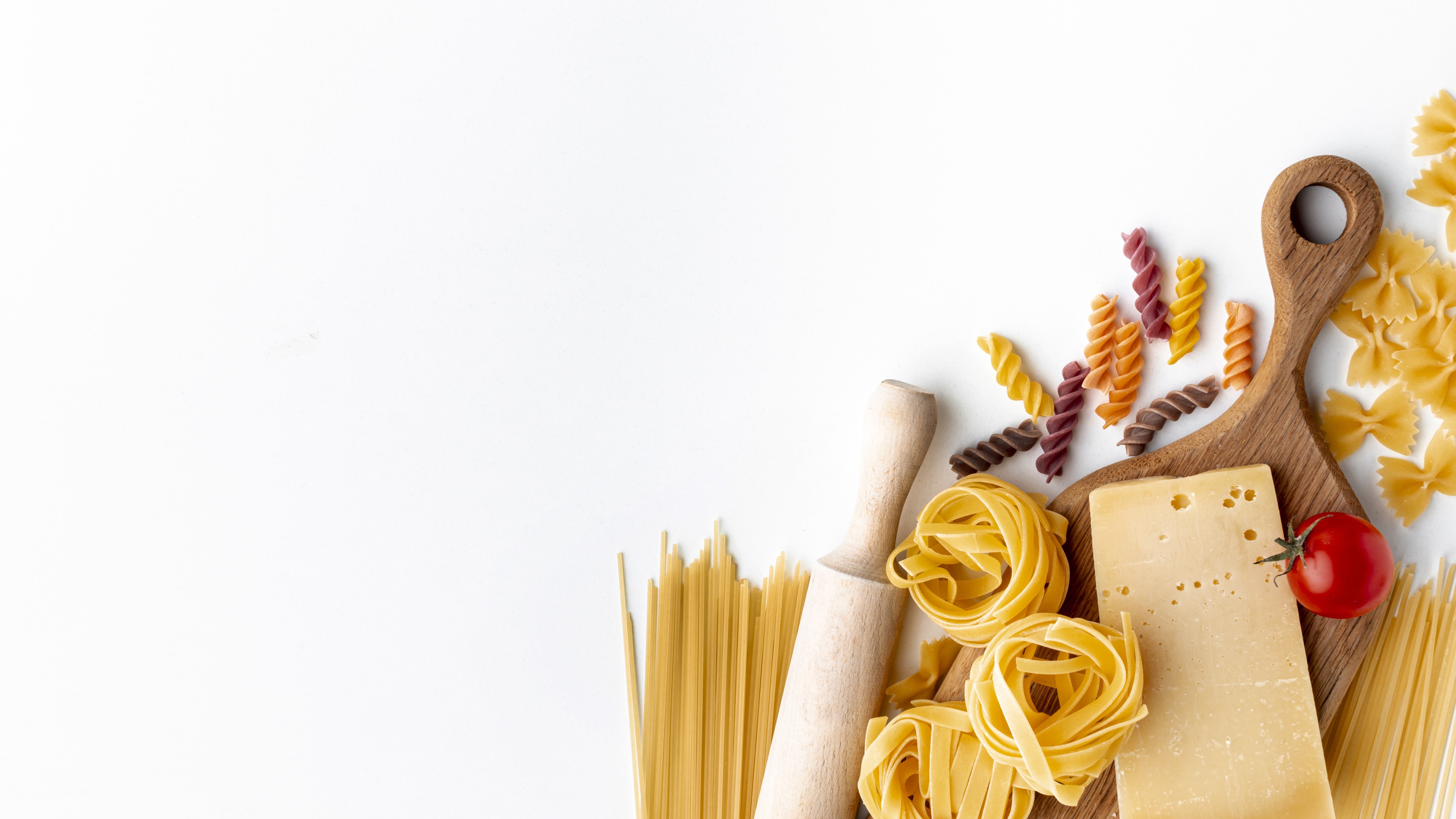
Many people consider gluten as an allergic food because gluten-containing foods cause inflammation. Therefore, it is better to not consume gluten-containing foods when experiencing sinus problems.
2. Refined carbohydrates
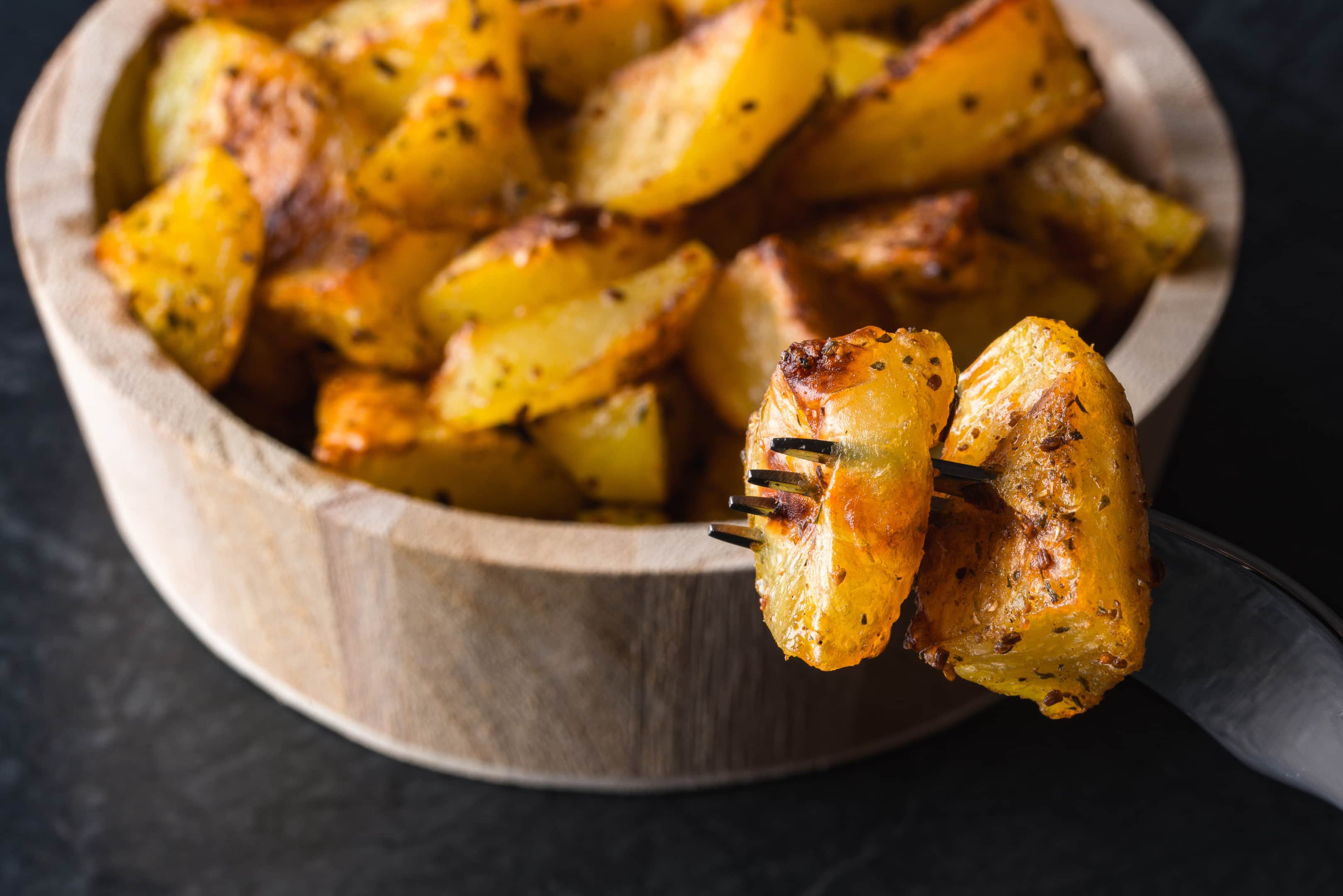
Who would resist crunchy and tasty potatoes? No one! But if you are currently having sinus problems, it is better to avoid these foods for a while.
3. Tomatoes
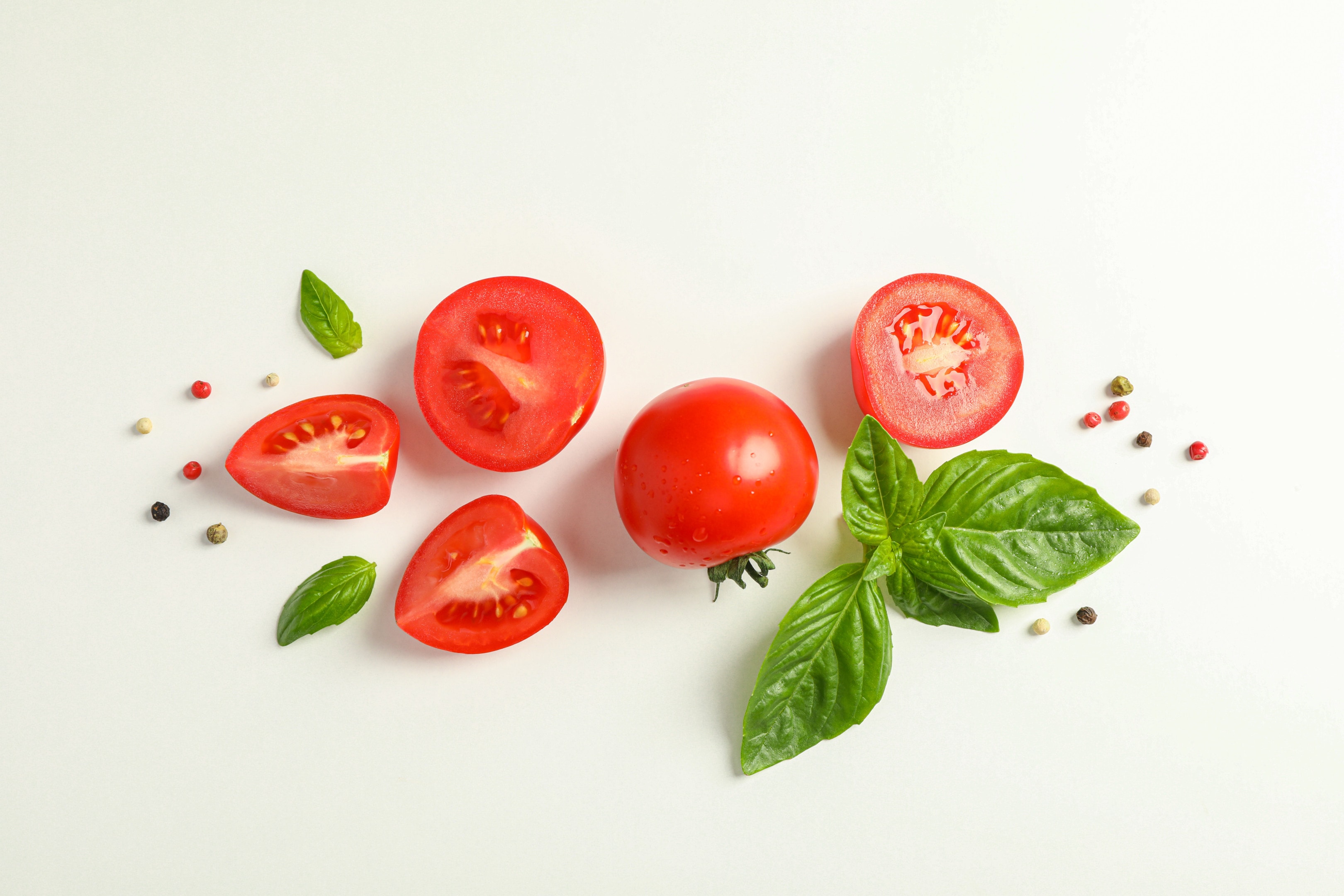
Due to the acidic content of tomatoes, histamine levels in the body increase causing an allergic reaction that triggers inflammation of the sinuses.
4. Omega-6 fatty acids
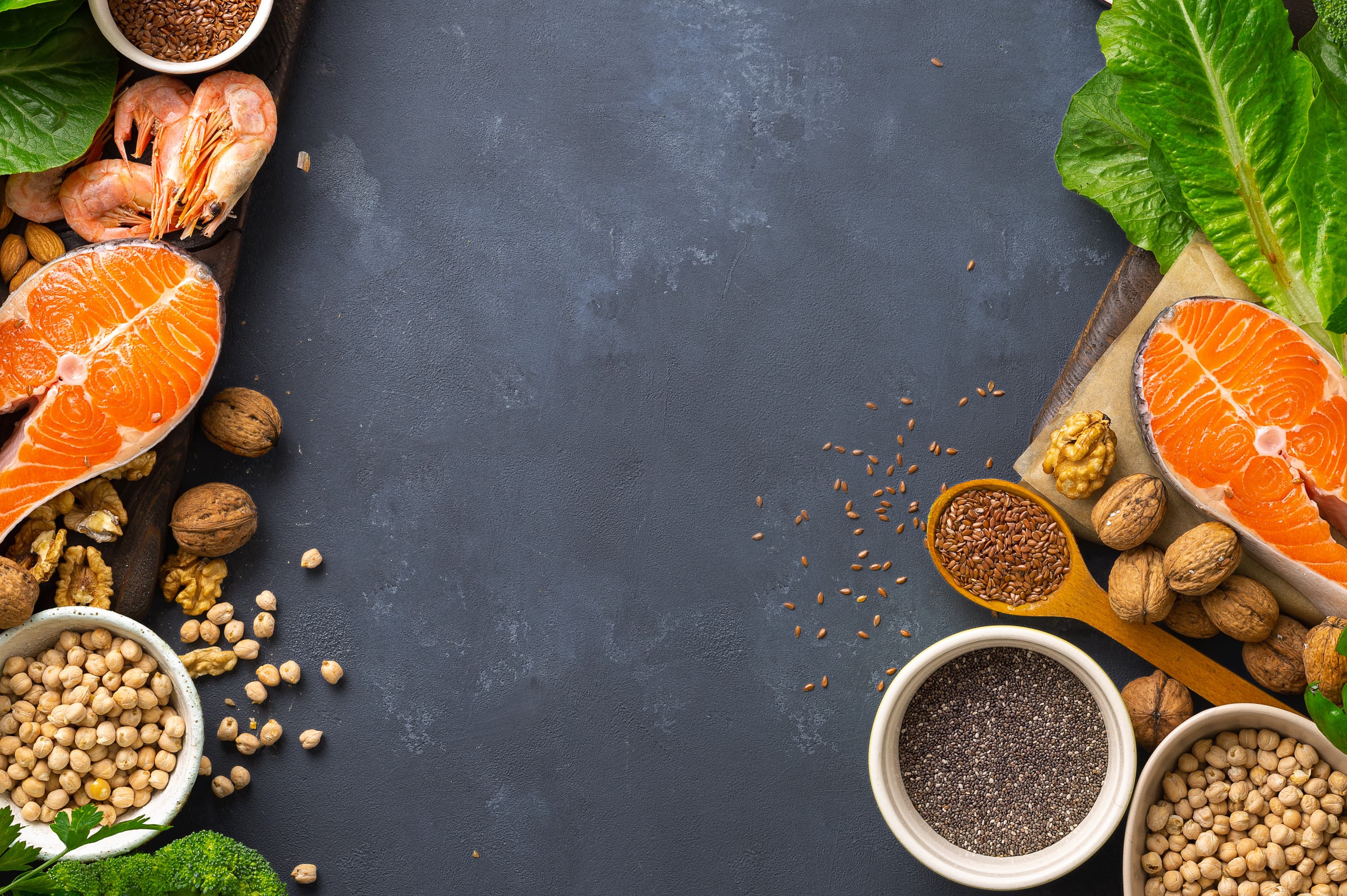
Omega-6 fatty acids are generally good for your health but consuming excess amounts while having sinus problems may worsen the condition. According to a study, using oil for cooking can destroy the structure of the fatty acids which can lead to inflammation. Again, when there is inflammation, sinusitis may occur.
5. Red meat
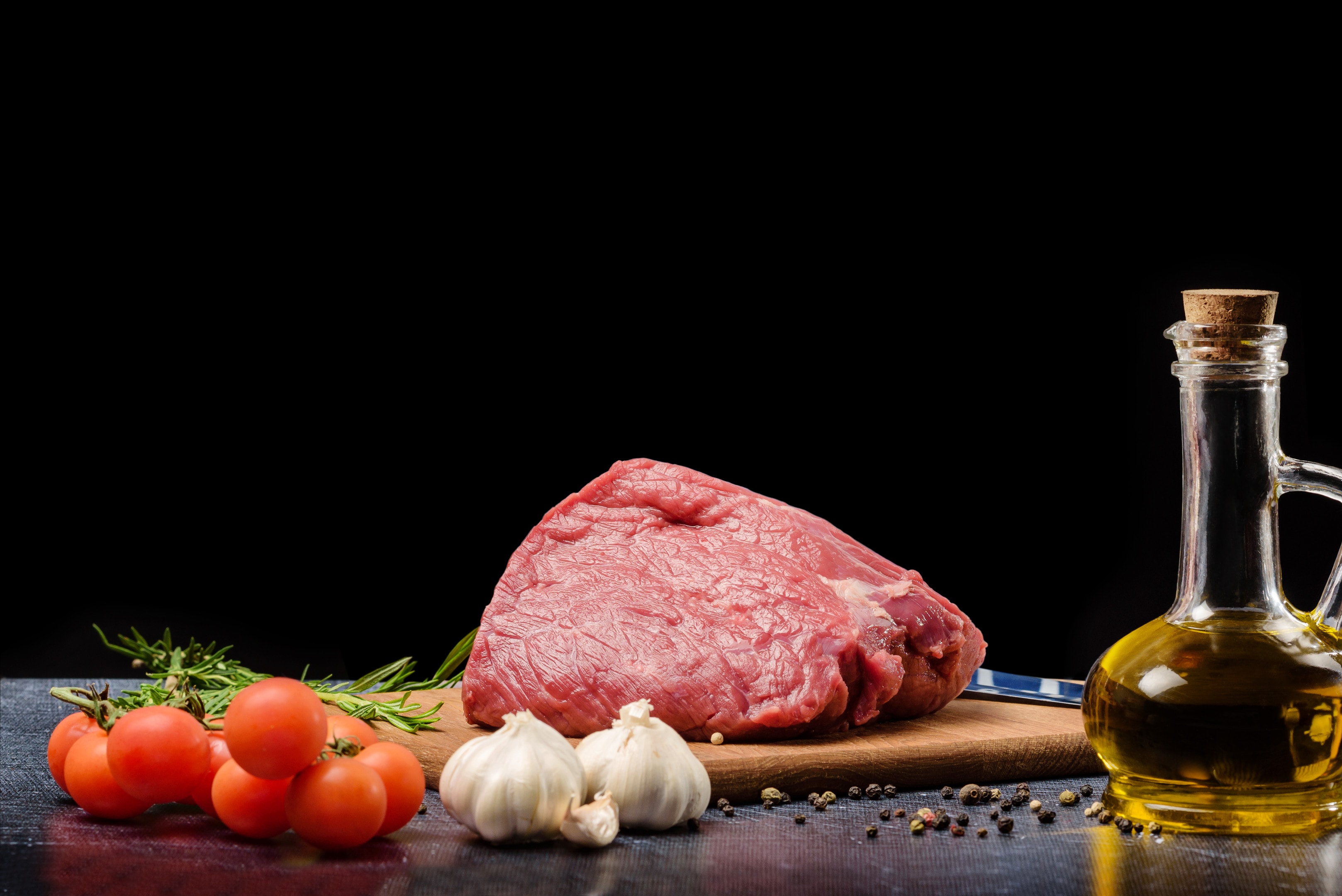
It has been noted that red meats can turn into mucus making the sinus condition worse.
6. Tuna
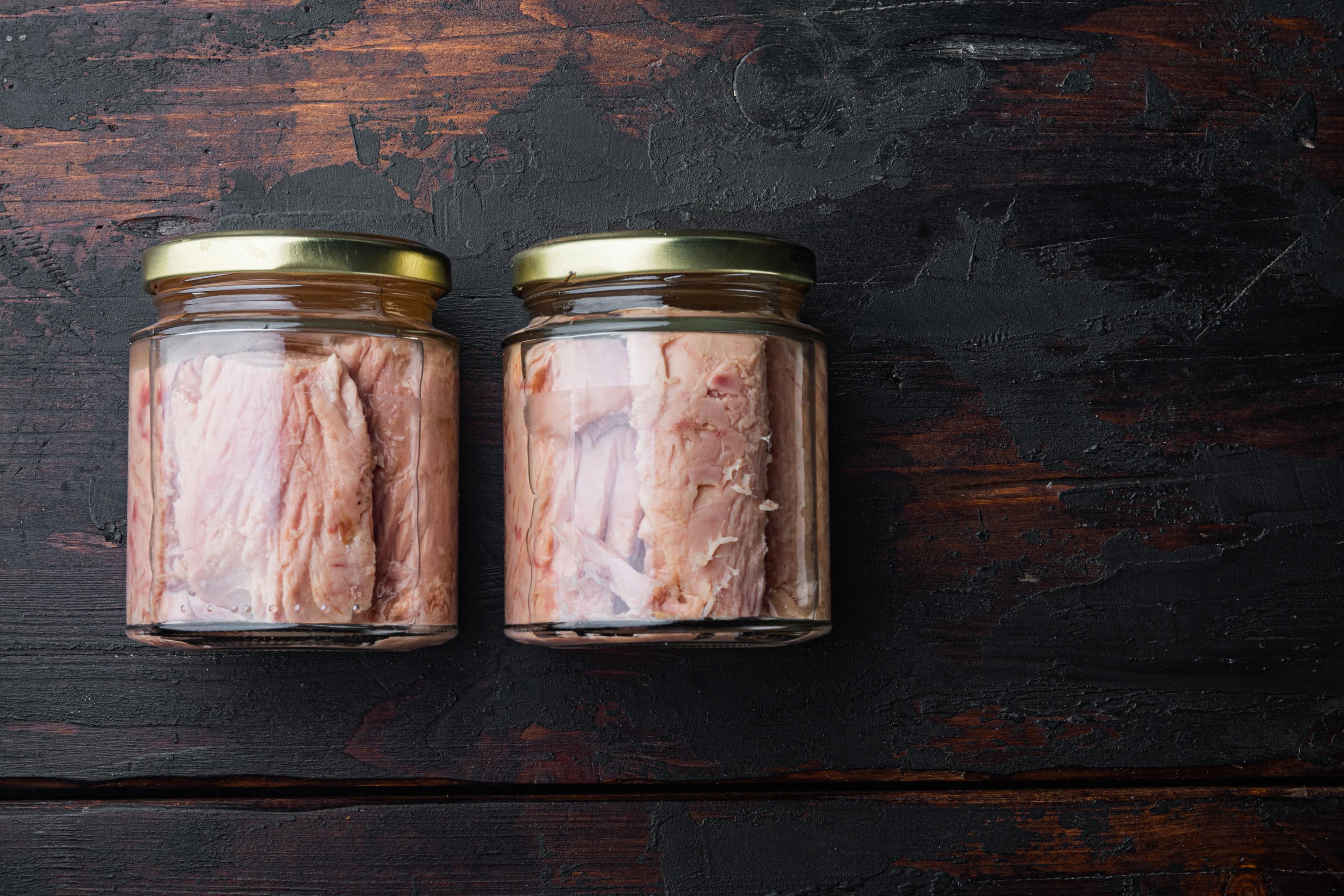
Although tuna is good for the heart, it can cause nasal passage to swell because tuna may cause inflammation. When there is inflammation, the body produces more mucus that will lead to blockage of nasal passages. So, it is better to avoid this food for a while.
7. Whole milk
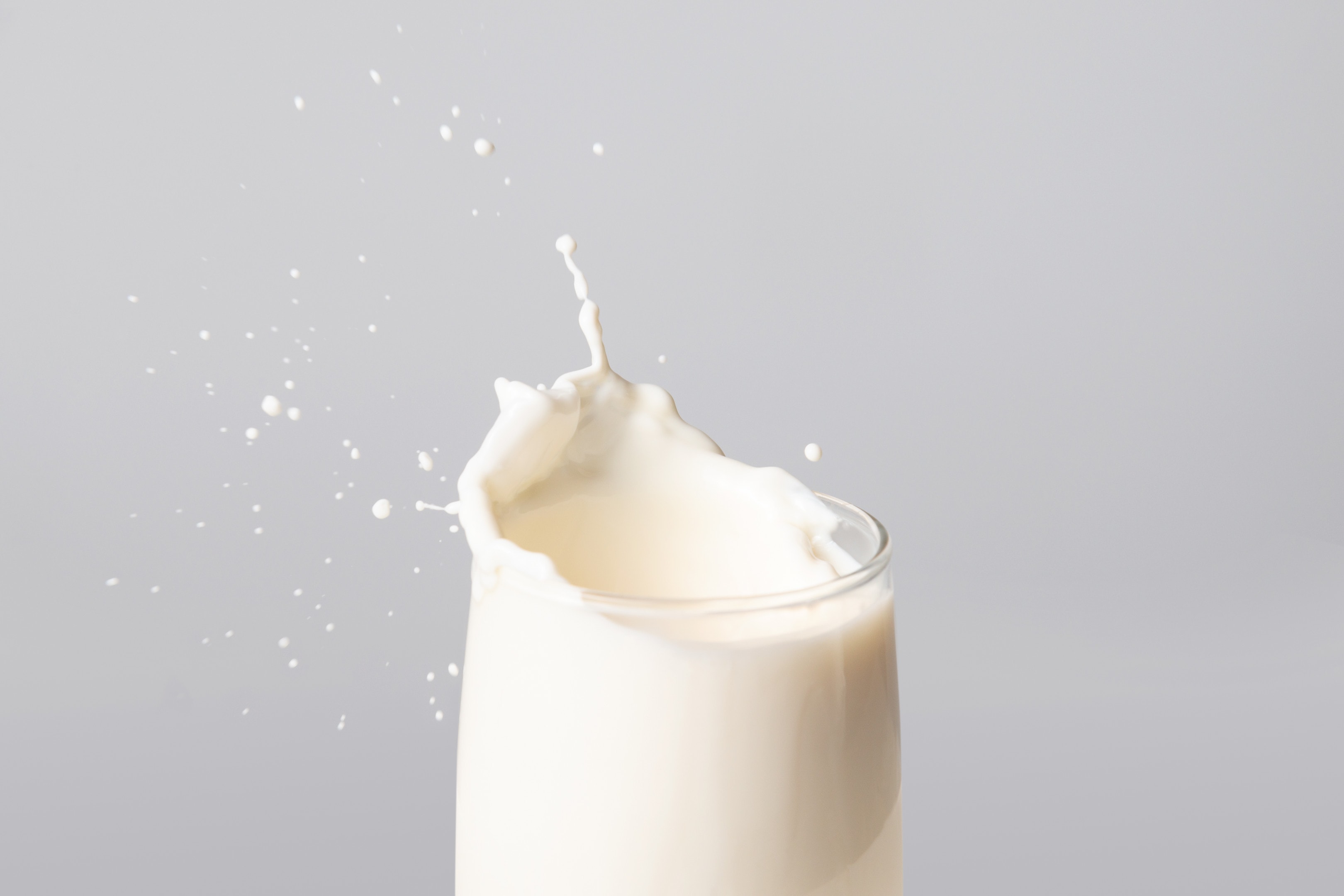
Whole milk makes your body produce more mucus; so if there is a mucus build-up, congestion might occur causing your symptoms to worsen.
8. Bananas
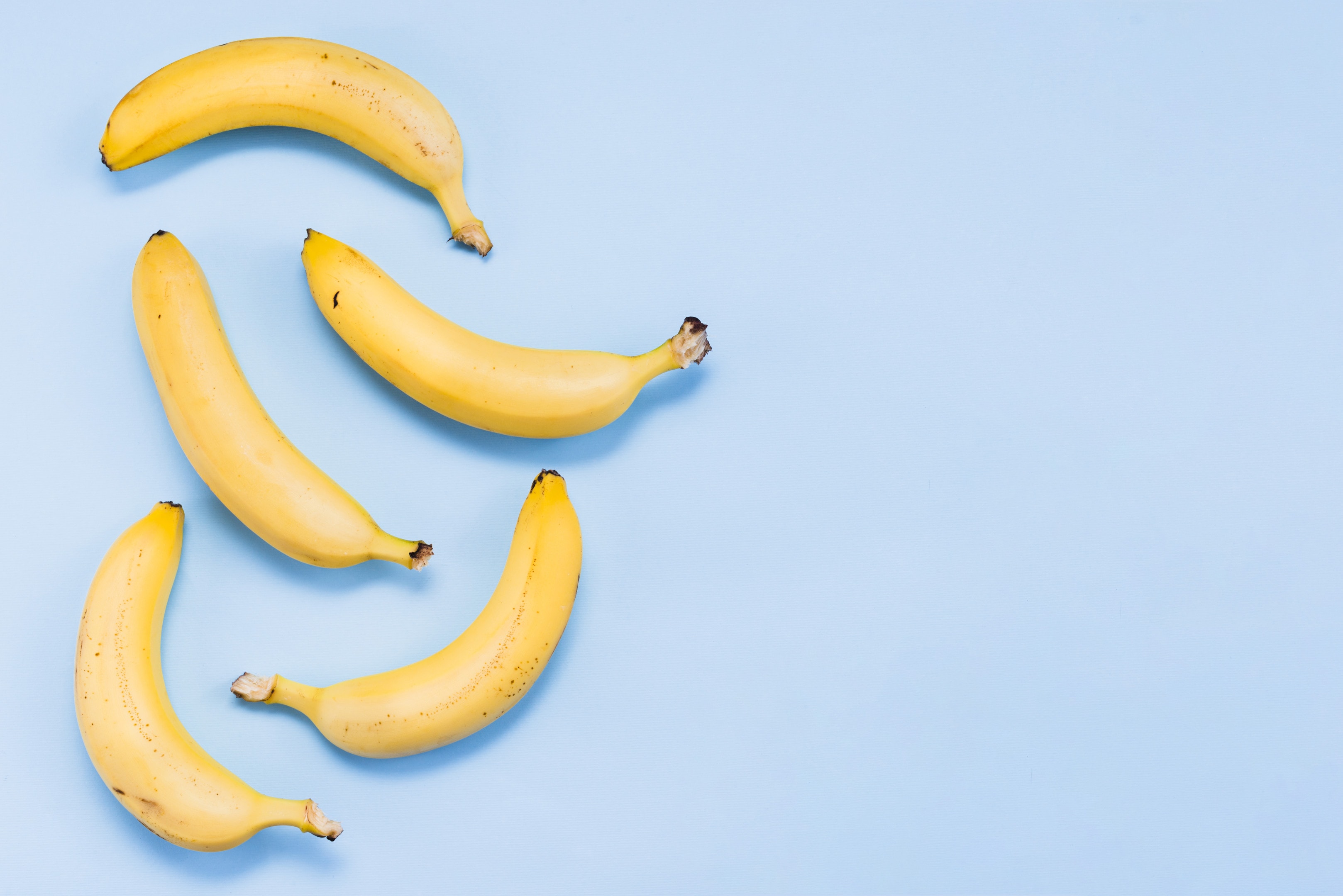
Bananas are rich in carbohydrates but when having sinus problems, it is better to avoid this fruit; it can exacerbate the symptoms of sinusitis because it can cause inflammation.
9. Coffee

Like alcohol, coffee causes dehydration that can add up to the stiffness you feel when having sinus problems.
10. Beer or wine

Beer or wine can trigger nasal congestion that may worsen the symptoms of sinusitis. Also, these foods can cause swelling of nasal tissues, inflammation, and dehydration that weakens the immune system.
11. Trans-fatty acids

According to a study, trans-fatty acids promote inflammation in the body and these types of foods can be acquired through fried, fast, and frozen foods including pizza.
12. Processed sugar

Processed sugars include juices, sodas, pastries, and chocolates. According to an article, consuming high amounts of processed sugar does not just lead to obesity, but also leads to inflammation. Remember, inflammation can lead to sinusitis.
13. MSG (Monosodium glutamate)
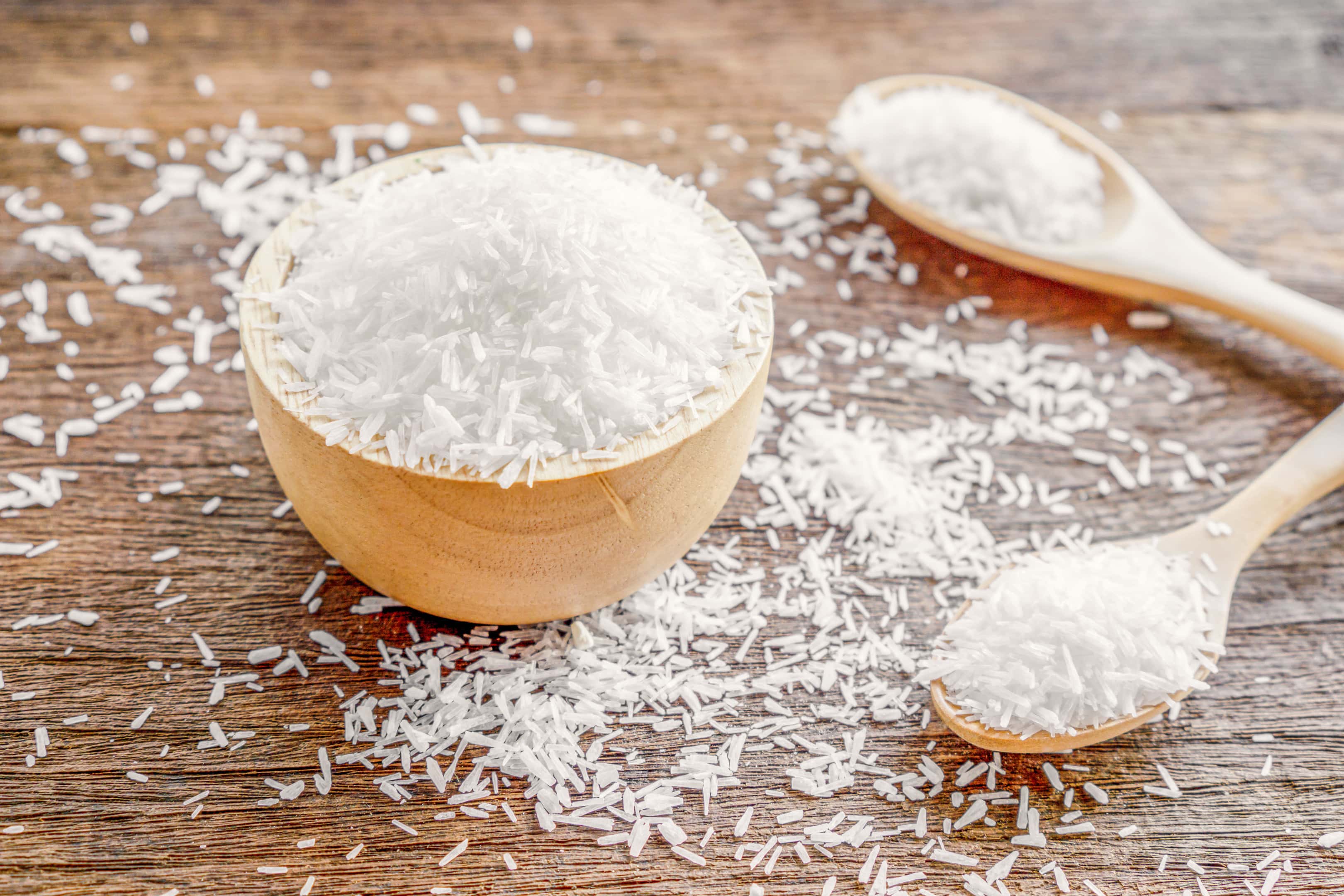
MSG is a common food enhancer. According to a study, MSG does not just target and destroys the liver, but also causes chronic inflammation.
14. Spicy foods
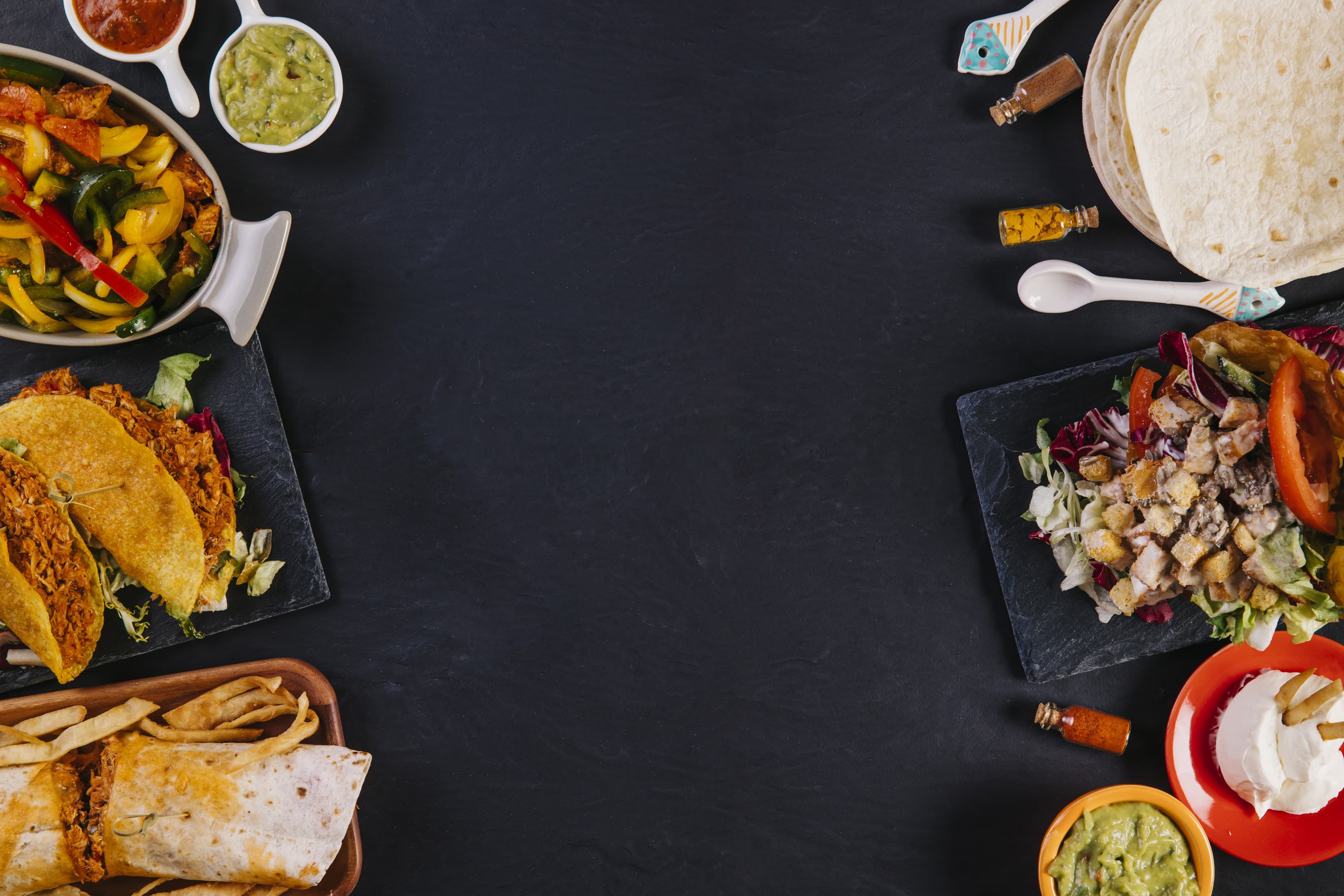
We all love spicy foods! But sadly, spicy foods cause an allergic reaction because they produce histamines that cause the nasal tissues to swell and become watery.
Preventing and relieving sinus problems
1. Plenty of fluids
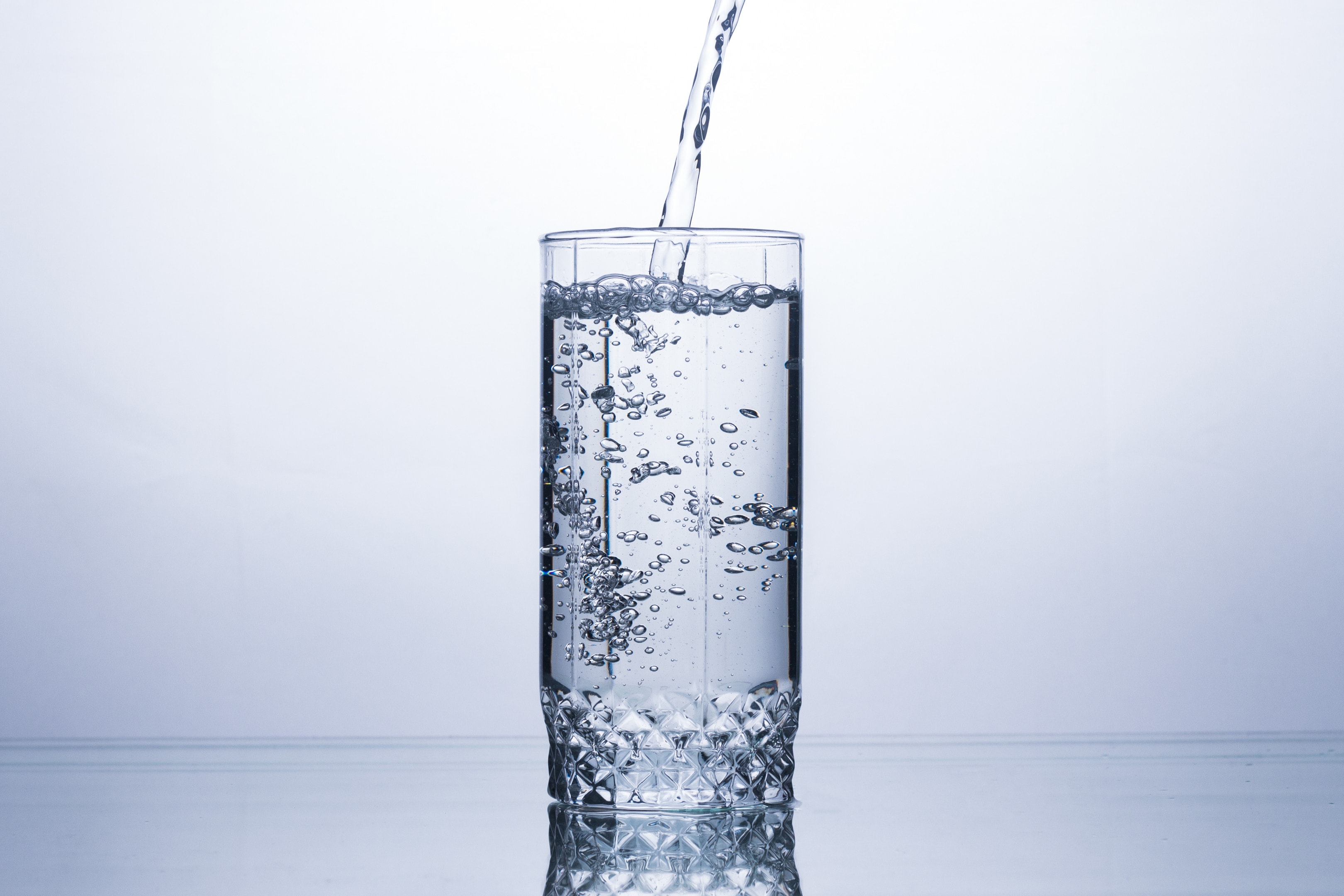
When you are fully hydrated, your body and your cells work perfectly, and your immune system is ready to fight any illnesses that may come along. Water moistens the mucus membranes, as well.
2. Anti-inflammatory foods
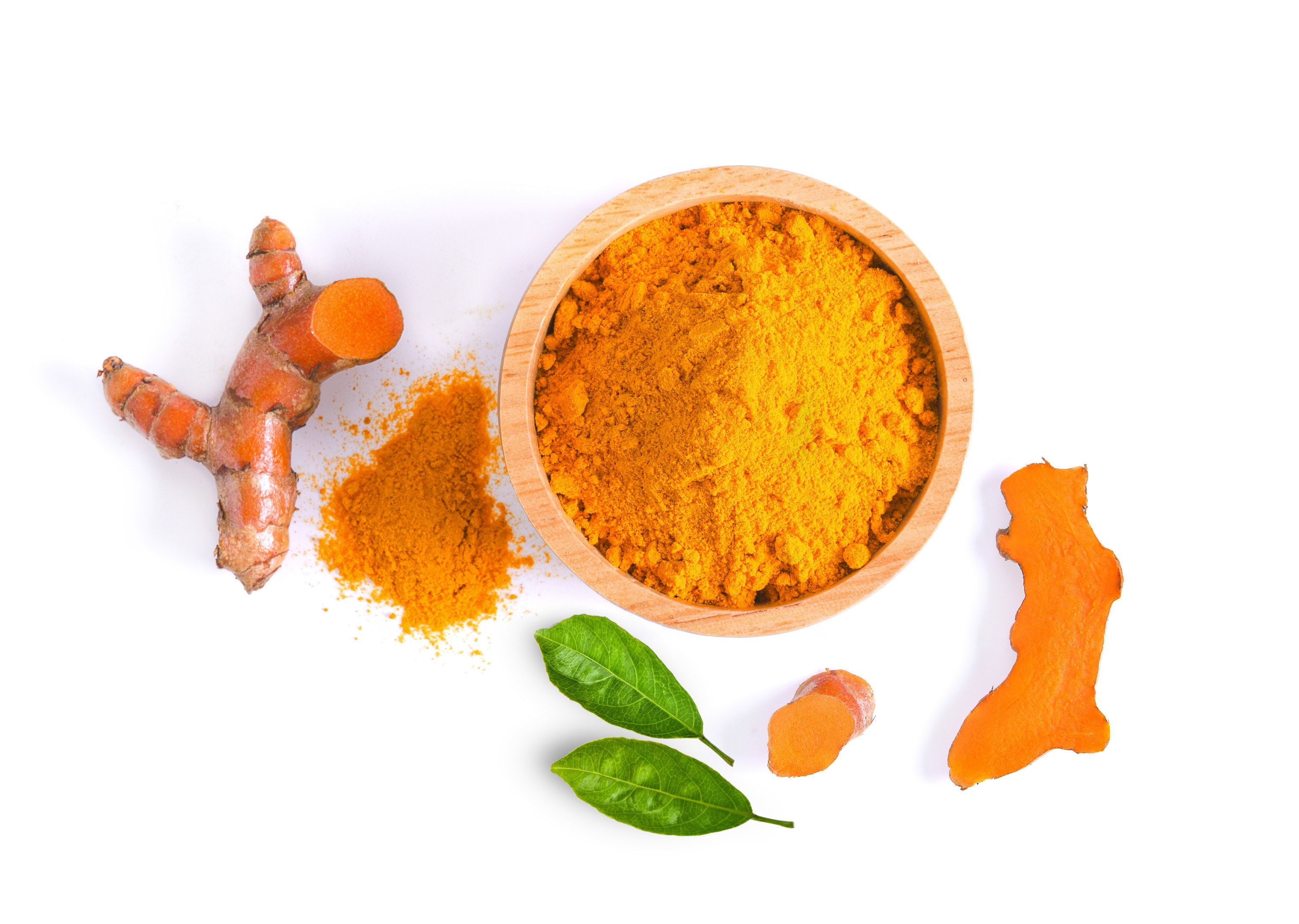
Anti-inflammatory foods are the best defense against infection. Some of these are:
- Garlic — Aside from being an anti-inflammatory food, garlic contains allicin that helps to relieve pain and fight the common cold. Adding garlic to your diet helps also in boosting the immune system.
- Onion — Onion contains quercetin which improves the function of the respiratory system. It also serves as an antihistamine, which can relieve the symptoms of sinusitis.
- Ginger — Ginger also has antioxidant and antihistamine properties that help in healing sinusitis by reducing the swelling of the nasal passages and decreasing pain.
- Turmeric — Turmeric contains curcumin, an active ingredient that is responsible for its anti-inflammatory effect.
- Pineapple — Pineapple contains bromelain enzyme, an antioxidant that heals the membranes during illnesses. The bromelain enzyme’s function is to break down the clogged mucus on the sinuses and reduce production.
3. Antibacterial foods
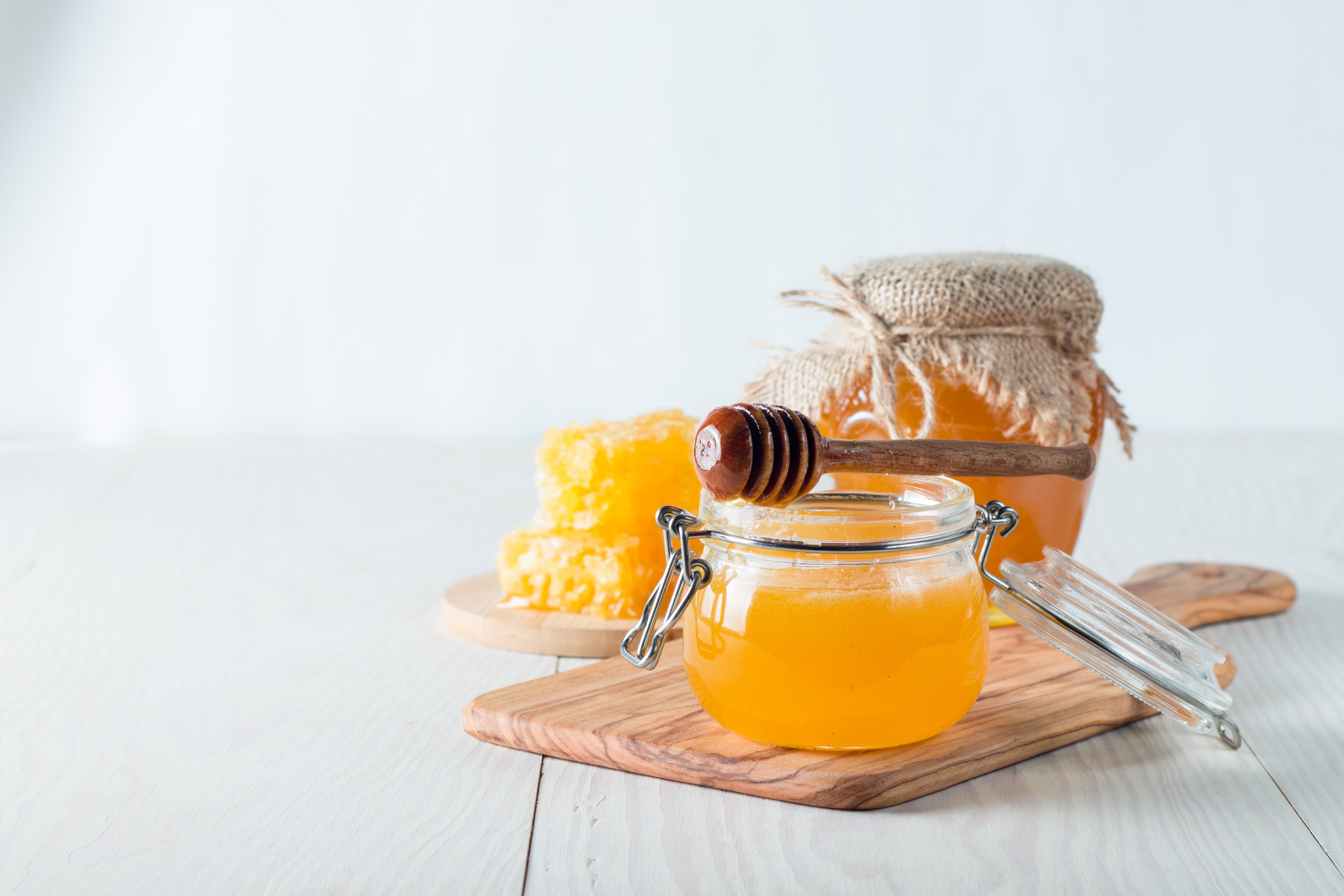
- Honey — Honey helps in relieving sore throat and reduces seasonal allergies. Therefore this food can be used in relieving sinus problems.
- Coconut oil — Coconut oil reduces inflammation and kills viruses, bacteria, and fungus.
4. Green tea
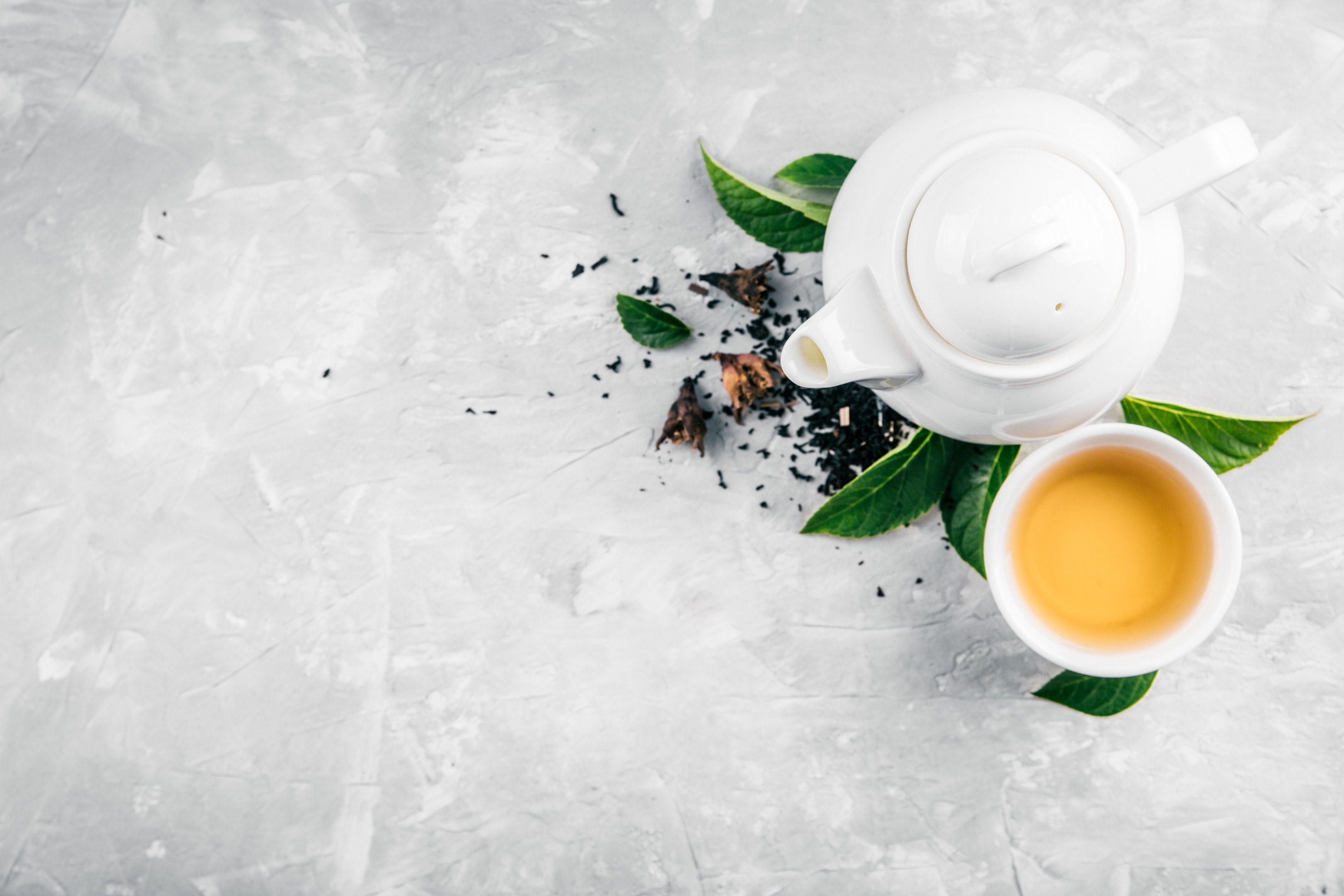
Green tea contains flavonoids, which act as an antioxidant to the mucus membranes.
5. Chicken noodle soup
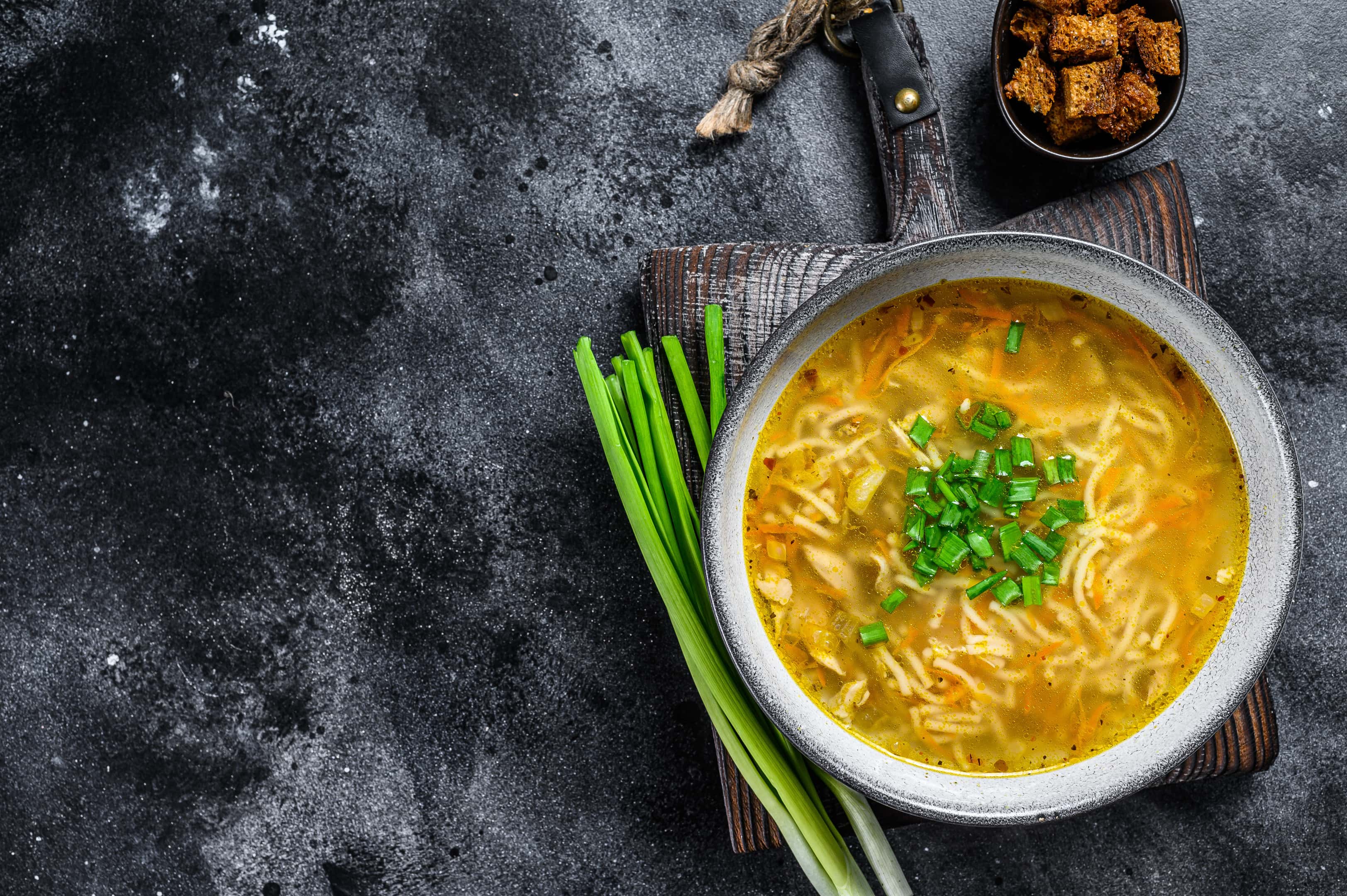
Chicken noodle soup contains an amino acid called cysteine that helps break down the mucus. No mucus, no congestion!
6. Vitamin C
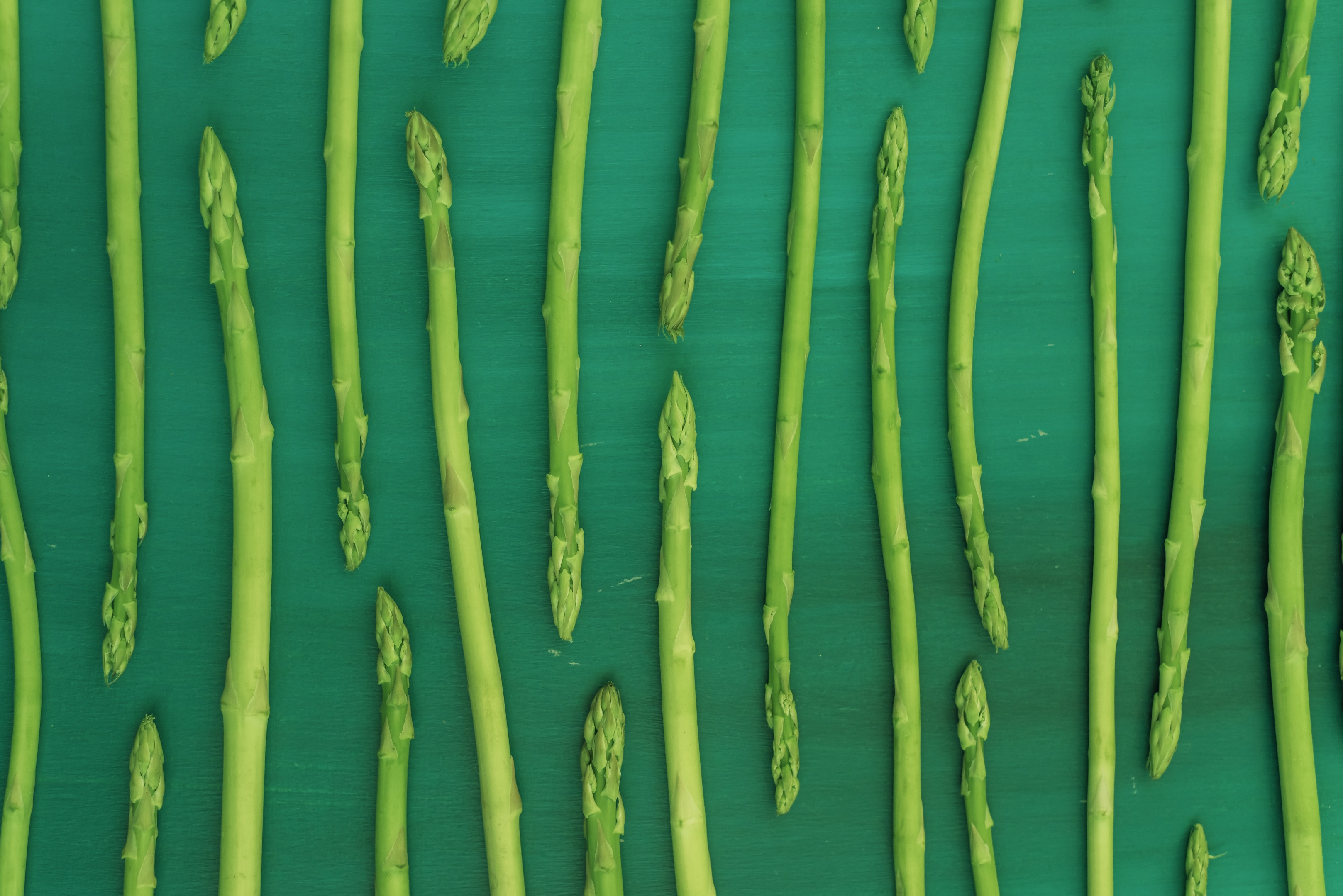
Vitamin C fights sinus infection faster by reducing sinus inflammation and strengthening the immune system. Foods that contain vitamin C are broccoli, asparagus, leafy greens, citrus fruits, and grapes.
Conclusion
When we think we have allergies, we usually think that maybe it is because of the weather or the foods we ate. Although sinus problems are common, we have to understand that the foods that we are eating matter just as much as the foods we are avoiding when dealing with certain illnesses like sinusitis. Therefore, we should eat the right, nutritious diet, and eliminate the foods causing inflammation. If your symptoms persist, you should not hesitate to contact your health provider.






